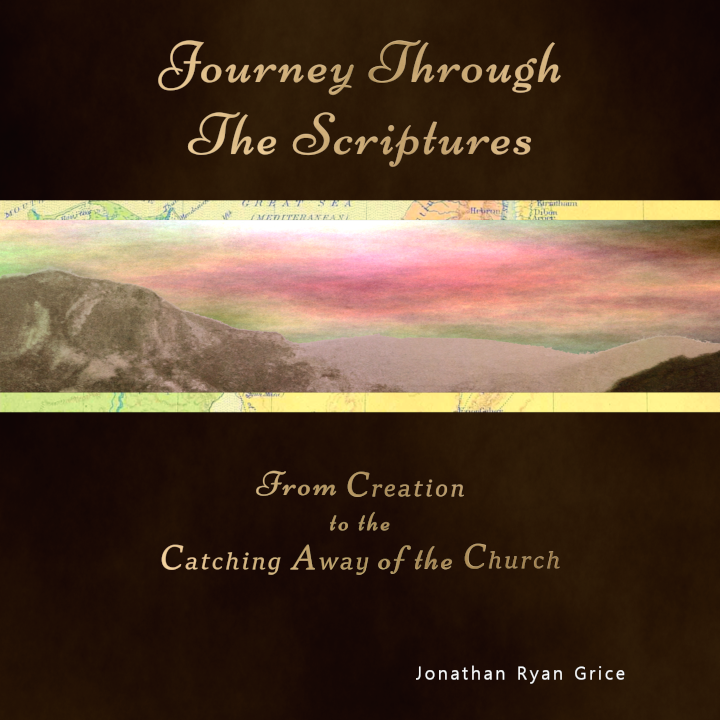Welcome to Journey Through the Scriptures, where we explore God’s Word from Creation to the Catching Away of the Church. In this first chapter, we’ll lay foundations by introducing the Bible, its significance, and the distinctions between the Old and New Testaments.
The Bible: God’s Inspired Word
The Bible, also known as the Holy Scriptures, is the inspired Word of God, not just a collection of human writings. It is the primary means through which God reveals Himself, His nature, His purposes, and His will to the world. The Apostle Paul affirms in 2 Timothy 3:16, “All scripture is given by inspiration of God, and is profitable for doctrine, for reproof, for correction, for instruction in righteousness.”
Historical Context and Divisions of the Old and New Testaments
To better understand the Bible, it is necessary to understand its historical context as well as the divisions within its pages.
The Old Testament: The Foundation
The Old Testament, comprising the sacred writings before the birth of Jesus Christ, serves as the foundation for understanding God’s redemptive plan. It is a rich tapestry of history, poetry, prophecies, and laws that reveal the nature of God’s relationship with humanity from the beginning of time to the coming of the Messiah.
It unveils the framework of salvation and offers valuable lessons of faith, perseverance, and obedience through the lives of individuals such as Noah, David, and Daniel. The Old Testament is not just a collection of ancient writings but a divine revelation that guides our understanding of God’s redemptive plan.
The New Testament: The Fulfillment
The New Testament is a testament to the fulfillment of God’s redemptive plan, beginning with the birth of Jesus Christ and extending to the early Church, centers on the life, teachings, death, resurrection, and ascension of our Lord. It gives a more thorough understanding of God’s redemptive work through the life and ministry of Jesus Christ, the outpouring of the Holy Ghost, the founding of the Church, and the expectation of Christ’s second coming.
The Importance of Studying the Scriptures
Studying the Bible is vital for every believer, whether you are seeking foundational knowledge or desire a deeper understanding of God’s Word. Through the Scriptures, we receive revelation, guidance, correction, and encouragement from God Himself. Psalm 119:105 affirms, “Thy word is a lamp unto my feet, and a light unto my path.”
The Apostolic Tradition and the Bible
In the Apostolic tradition, we hold the Bible as the supreme authority for faith and practice. We believe in the necessity of repentance, baptism of water, baptism of the Holy Ghost with the evidence of speaking in tongues, and maintaining a personal relationship with God through faith and fellowship (Acts 2) producing Fruit of the Spirit (Galatians 5).
We place particular emphasis on the operation of spiritual gifts and the continuation of the miraculous works of the Holy Ghost in the Church today. These teachings are supported by scriptural passages such as 1 Corinthians 12-14, which highlight the various manifestations of spiritual gifts and the importance of love in their exercise.
As you progress through this book, we will explore these Apostolic teachings and their biblical foundations, always seeking to align our understanding with the principles and truths found within the Word of God.
Conclusion
In conclusion, the Bible is the inspired Word of God, serving as our guide for life and faith. By studying its pages, we gain insight into God’s character, His plan of redemption, and His desire for an intimate relationship with His creation. Let us approach this study with open hearts and minds, ready to receive and apply the teachings of Scripture to our lives.
As we continue, remember that the Bible is a living book, capable of transforming our lives and leading us closer to God. Let us pray for the guidance of the Holy Spirit as we embark on this Journey Through the Scriptures.
“Thy word have I hid in mine heart, that I might not sin against thee” (Psalm 119:11, KJV).

